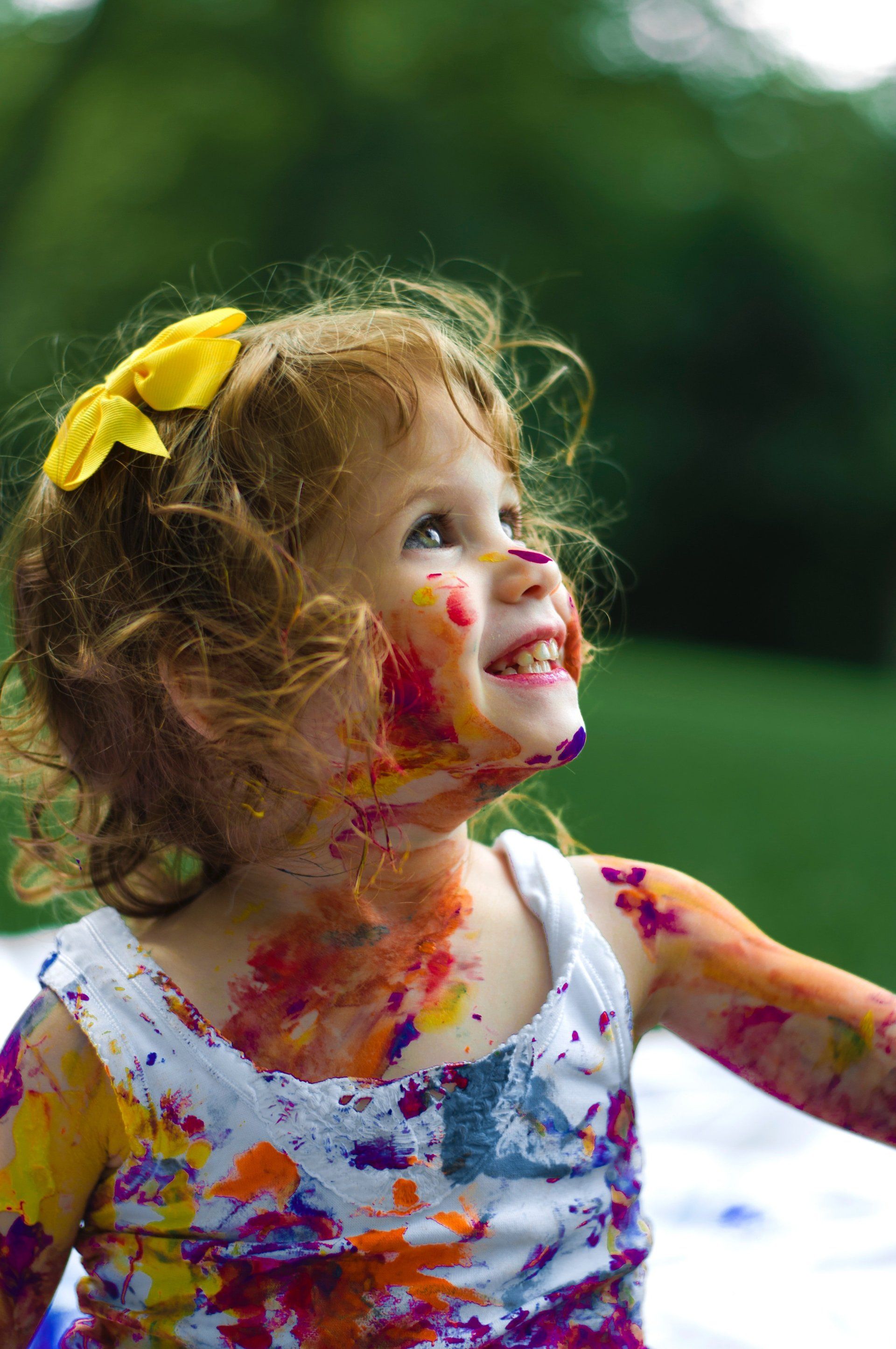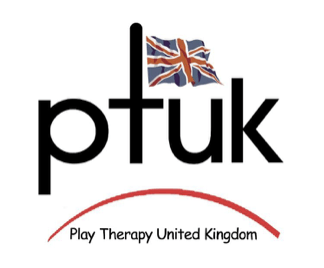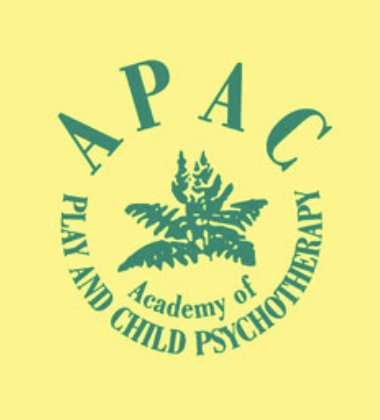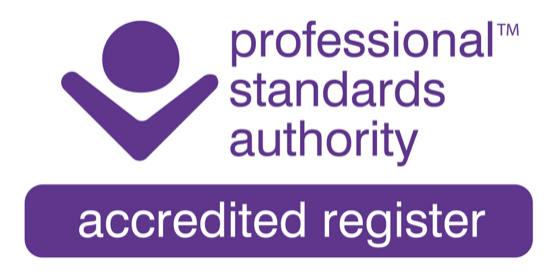How to support your child through Play Therapy
Play therapy is a time for your child to play in any way that they choose and with anything that is in the play room, it is usually a fun time for them. Although they are playing and having fun, they are also working through their difficult issues. Kelly usually works with their unconscious feelings, so they will need time to process what they have been working on.
When your child has finished a play therapy session, please do not ask them too many questions, for example, "Did you have had a nice time". As parents it is our natural instinct to ask questions like this, but a child that is dealing with something difficult may not have had a nice time, and so will find that question incredibly difficult to answer.
If you need to ask you child questions then you could ask something like, “What have you enjoyed today.” or "What is your favourite item in the room". They may have moments of quiet on their way back from the session, please do not worry as they will be processing what they have been doing.
It is explained that the sessions are confidential and that the therapist will not discuss what is going on during the session. However, your child is free to tell anyone they choose about the sessions and what happens during the session. If they choose to do that, please let them do that in their own time.
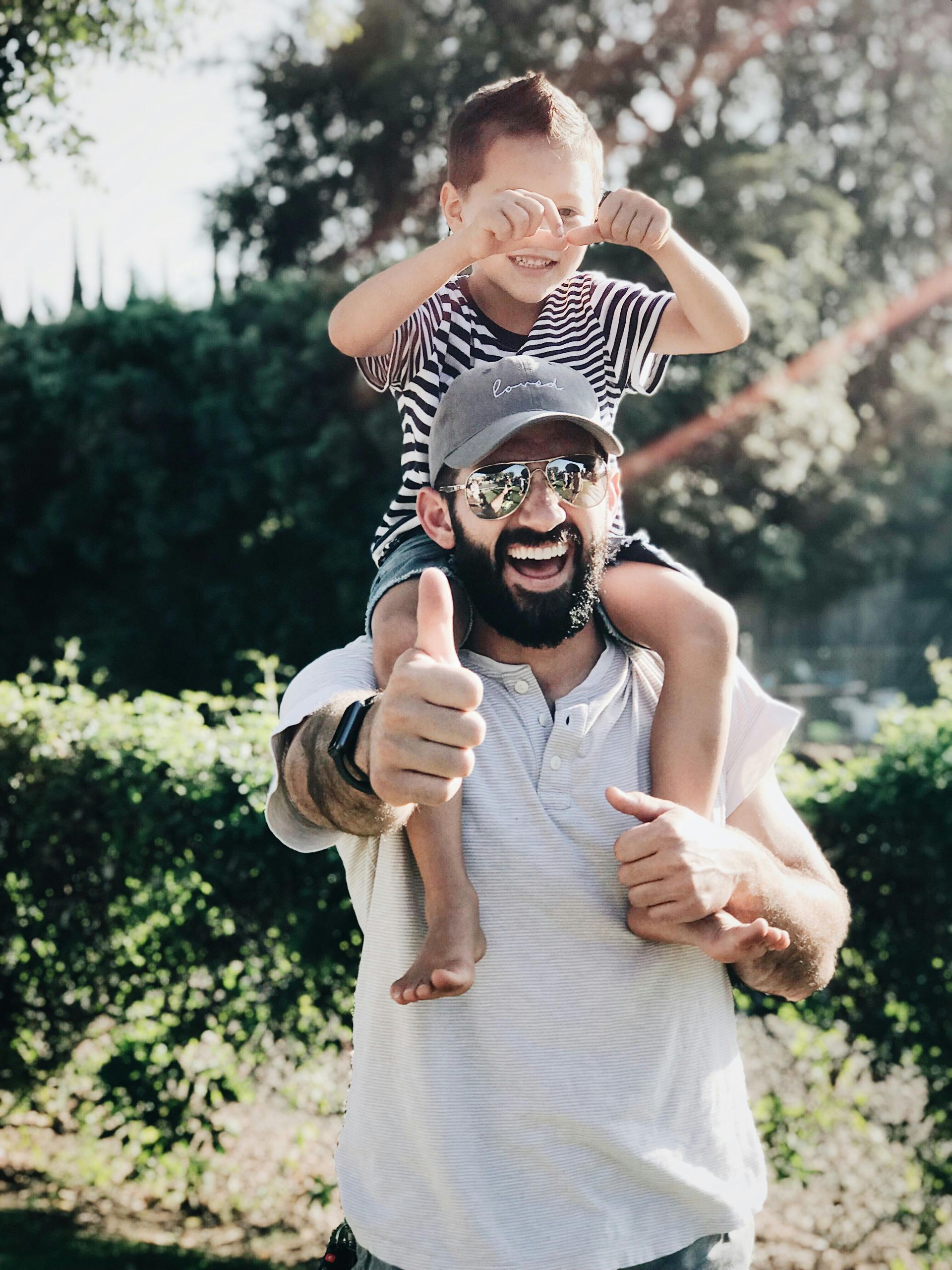
Every 6-8 weeks Kelly will contact you for a review and discuss how your child is getting on at home, and if you have seen any changes in their behaviours.
Your child will be asked if they want anything in particular discussed during the review, or if they are happy for a discussion about something in particular, this is to maintain a trusting relationship. If your child does not give permission then Kelly will not be able to go into too much detail during the review.
You may experience behaviour difficulties in your child after a number of weeks of play therapy, please do not worry. Unfortunately, sometimes their behaviours can become worse before they get better. This is a sign that they are dealing with their issues and, although it may be difficult, it is a step towards a more positive outcome for them. You can also support your child by acknowledging their feelings and letting them know that it is ok to feel like that, together you can find positive ways of expressing those feelings. Kelly can support you to do this.
Further Information
There are many websites that have lots of information to support you and you child. Here is a few that may be of interest.
Bereavement Support www.thegoodgrieftrust.org www.actionforhappiness.org
www.beaconhouse.org.uk
Divorce
www.psychologytoday.com
Autistic Spectrum Disorder Support www.autismlittlelearners.com
www.hes-extraordinary.com
www.thesendtrainer.co.uk
ADHD Support
www.hes-extraordinary.com
Supportive SEND Webinars
www.thesendtrainer.co.uk
Podcast
How not to screw up your Kids by Dr Maryhan
Books
When Children Grieve by John W. James and Russel Friedman
The A-Z of Therapeutic Parenting by Sarah Naish
My Happy Mind by Laura Earnshaw
This is a general introduction to what happens in the brain
after children face traumatic experiences in childhood, like
abuse and neglect by Anna Freud.
The hand model is a really great way to understand what is going on for your child when they are feeling strong emotions.
This video by Emotion Coaching UK have produced this great video to explain this to better understand our child's outbursts and why they happen.

